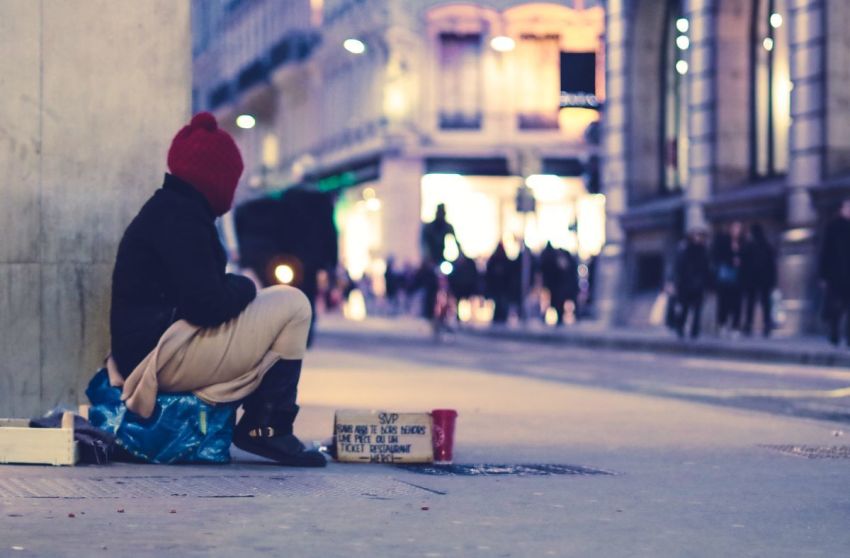San Francisco spending $5M per year giving 'regimented doses' of alcohol to homeless addicts

The city of San Francisco, California, is spending $5 million per year on a program that involves providing alcohol to homeless people who suffer from alcoholism.
The city's managed alcohol program, which began four years ago, made media headlines following a social media post earlier this month by Adam Nathan, the CEO of an AI company and the chair of the Salvation Army San Francisco's advisory board.
On May 7, Nathan tweeted that "[p]roviding free drugs to drug addicts doesn't solve their problems. It just stretches them out. Where's the recovery in all of this?"
As The San Francisco Chronicle reported last week, the $5 million per year program is intended to help homeless people who are addicted to alcohol by providing them with "regimented doses" of vodka and beer at certain times of the day. The program now has 20 beds and has served 55 clients.
However, Nathan said that when he visited the program located at an old hotel, he was troubled by what he saw.
"It's set up so people in the program just walk in and grab a beer, and then another one. All day," he tweeted.
"This is what harm reduction refers to as 'safe supply' or 'safer supply.' There's currently a huge debate in Canada about this idea as British Columbia has been 'expirimenting' on humans by giving them free Opioids in the hopes that they won't use fentanyl."
Shannon Smith-Bernardin, a professor at the University of California, San Francisco School of Nursing who helped create the program, defended the aid. She told The Chronicle that the goal is to stabilize addicts' alcohol use "so they're not binge drinking or stopping drinking and having seizures and then … start figuring out what's next."
Shannon Smith-Bernardin did not immediately respond to The Christian Post's request for comment.
Steve Adami, the executive director of the Salvation Army's The Way Out program, which focuses on serving homeless people, told CP the Salvation Army does not typically comment on the efficacy of other programs and that the organization's advisory board members hold viewpoints that "are not always reflective of The Salvation Army's position."
"However, homelessness and addiction are critical issues in San Francisco, and we encourage public dialogue," Adami stated.
Adami said that the Salvation Army has a "moral imperative to address the crisis in San Francisco."
"As a top provider of recovery services, The Salvation Army is the only San Francisco nonprofit that engages in an entire continuum of care from state-licensed withdrawal management and residential drug treatment, an array of harm reduction and abstinence-based housing as well as a family shelter and senior services," Adami stated.
Charitable groups such as the Salvation Army often promote abstinence for people suffering from addictions, and the organization offers a "holistic approach" through its rehabilitation program.
Rachel Sheffield, a research fellow in welfare and family policy at the conservative think tank The Heritage Foundation, told CP that "harm reduction policies" like San Francisco's "fail to address the underlying problems that stand in the way of human flourishing."
"The philosophy behind harm reduction policies is that people have little ability to change their behavior and achieve their God-given potential," she stated. "Programs to address substance abuse should focus on helping people overcome addictions and replace harmful behaviors with constructive activity."
Sheffield cited The Birmingham Model as a potential alternative, which she described as a "treatment-first program." According to a December 2022 Joint Economic Committee report, the model provides participants with a private unit on the condition that they abstain from drugs or alcohol. If a participant fails to remain sober, then they are provided with a place at a shelter, and they can work toward regaining their private unit by staying sober for a week.
"The goal of the program is to help people overcome their addictions so they can become more self-reliant and improve their lives," Sheffield told CP.
Samantha Kamman is a reporter for The Christian Post. She can be reached at: samantha.kamman@christianpost.com. Follow her on Twitter: @Samantha_Kamman



























